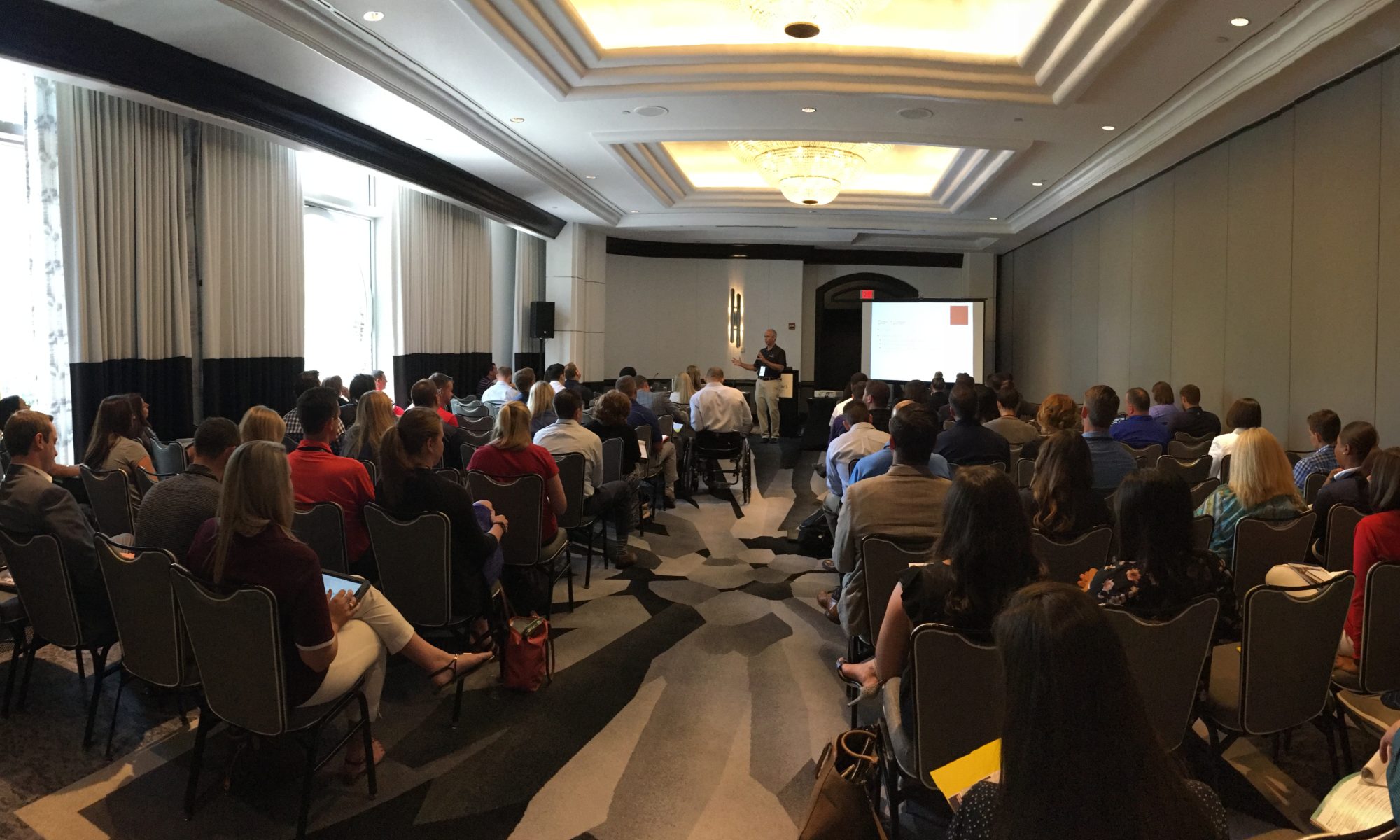Recently, while speaking with a group of sports coaches about leadership, we got into a conversation around Comfort Zone. This is one of the 7 level of Personal Accountability that I train, but was using it there as a question and thought to help coaches understand where their comfort zones lie. I linked this to understanding how each of their athletes deal with change.
One coach said, in context, “But aren’t we supposed to keep our athletes uncomfortable to some degree?”
Yes. No peak performance ever happened inside a comfort zone.
But speaking with coaches about leadership (not coaching – I don’t try to tell coaches how to coach but I do help leaders with leadership), every coach must be aware of their own comfort zone.
For instance, some have a comfort zone that loves change. They change things up every day, coming up with a new idea to implement. In the middle of a new drill or set, they might be very comfortable with stopping in the middle because they noticed something that could “make it even better,” without realizing that over half the group (if statistics and research are correct, and my experience says it is) is still trying to figure out the drill and now you’re changing it. It’s out of their comfort zone, in what I think is a negative way.
This is where the comment/question came: “But aren’t we supposed to keep our athletes uncomfortable to some degree?”
Some coaches don’t like to change at all. This can also be a problem. One coach I worked with for years is a High S on the DiSC Assessment. I suggested he consider changing some things up, learning some new things, being open to new possibilities. “Why would I change when it works?” he replied.
Good point…to a point. He develops very good athletes. Why mess with success. He did say, proudly, that he changes things up sometimes, but only on Thursday! A classic High S response.
Comfort Zone. Coaching absolutely means getting athletes comfortable with being uncomfortable. Things change, plans never go according to design. Deal with it.
Coaches – leaders of business – must also know their comfort zone and realize that, just as athletes and direct reports need a nudge to get outside of theirs, well….Don’t go the Panic Zone, just simply the Learning Zone, which begins one step out of Comfort.


 u level up?
u level up?
 Swim & Dive teams. When I was with the mens’ team, the 2018 DIII National Champions, I posed the question: “Who holds this team accountable?”
Swim & Dive teams. When I was with the mens’ team, the 2018 DIII National Champions, I posed the question: “Who holds this team accountable?”